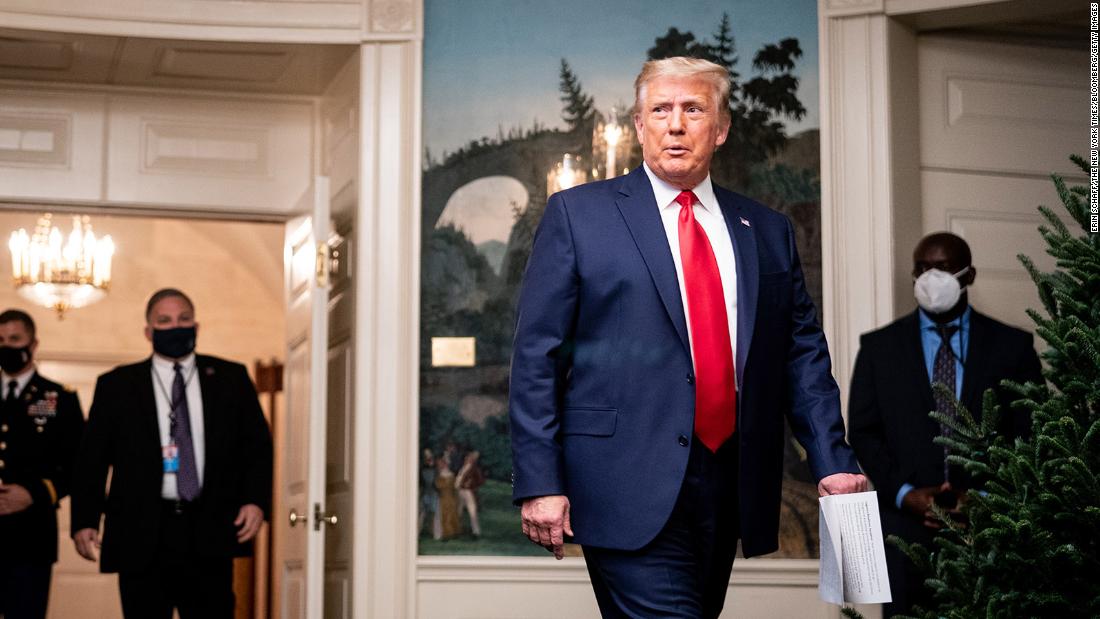coldseat
Well-known member
Offline
It's hard to believe how far down the road we've gone towards authoritarianism. Republicans are not even trying to hide anymore. If they are able to recapture control of the House in 2022, I have serious concern about how much longer we'll be able to maintain our democracy. Just look at how far they're willing to go in the article below. How can we stop this speeding train towards authoritarianism and nationalism in the Republican party and get them to defend and support democracy once more?

 www.cnn.com
www.cnn.com
An excellent podcast on how Hungary's democracy has fallen and the similarities between what Orban and his party have done and how Republicans are doing the same thing here in the US.
Their polls found that after the election, a supermajority of Republicans backed Trump's efforts to overturn the results: 86% said his legal challenges were appropriate, 79% said they weren't confident in the national vote tally, and 68% said Trump really won. Another 54% said Trump should never concede, and a plurality said state legislatures should override the popular vote.
This set the stage for Trump, GOP lawmakers, and right-wing media outlets to continue pushing the lie that the election was "rigged," which Trump did yet again in a press release this week.
Additionally, only 34% of Trump voters said they would accept Biden as the legitimate president, according to the post-election polls. That pales in comparison to similar surveys conducted by Gallup after previous controversial elections -- 68% of Al Gore voters in 2000 accepted George W. Bush's legitimacy, and 76% of Hillary Clinton voters in 2016 accepted Trump's as president.
The organization was among the first to raise the alarm last summer about the potential for unprecedented political violence if the 2020 election was disputed -- warnings that became a reality with the January 6 attack on the US Capitol. They released the new polls as part of a series of reports about the manufactured "crisis of confidence" in US elections.

New polls show GOP willingness to subvert 2020 election
New polls released Thursday show just how far Republicans were willing to go to support then-President Donald Trump's unprecedented efforts to subvert the 2020 election.
An excellent podcast on how Hungary's democracy has fallen and the similarities between what Orban and his party have done and how Republicans are doing the same thing here in the US.



